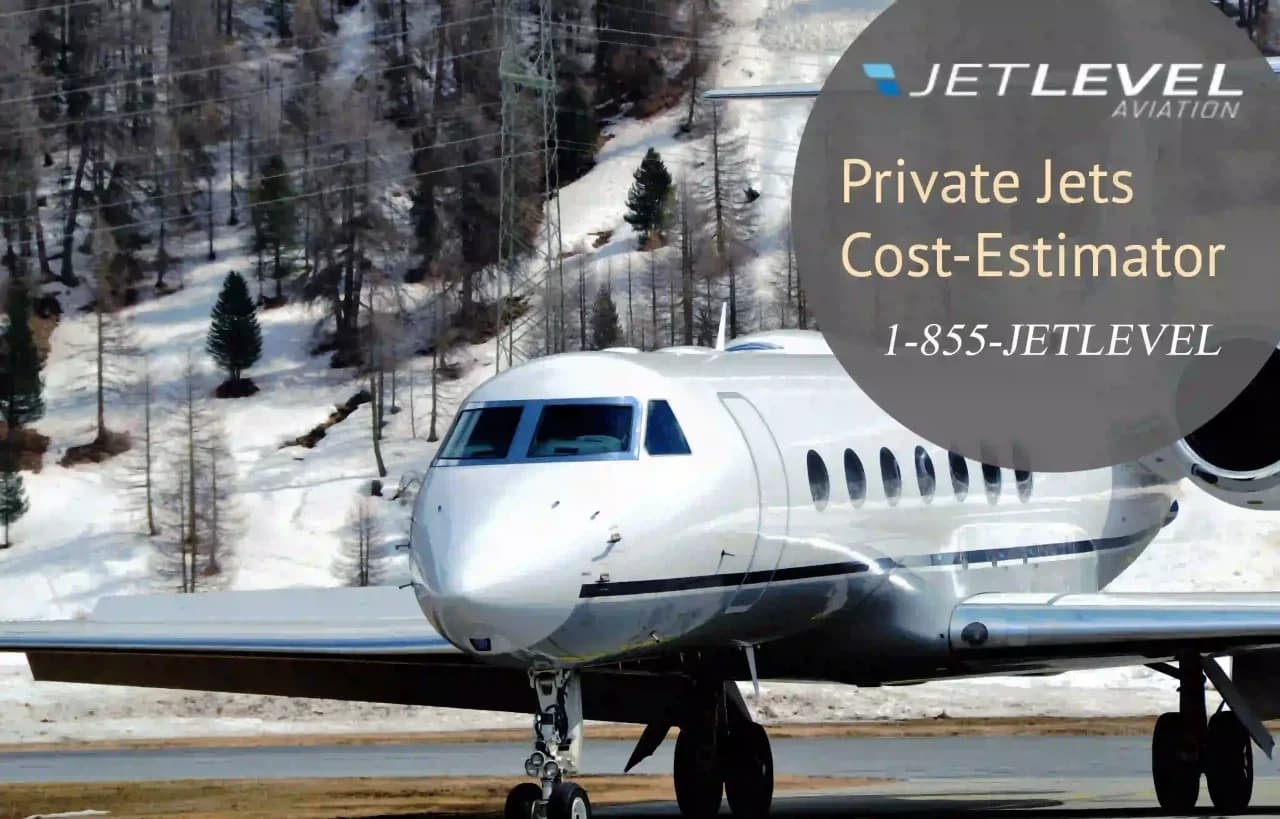
In the ever-evolving landscape of aviation, the shift toward sustainable practices has become a paramount concern, not just for commercial airlines but for the private jet sector as well. As someone deeply entrenched in the private jet charter industry for nearly two decades, my journey with JetLevel Aviation has always been about more than just luxury and convenience; it’s about integrating responsibility towards our planet into every flight we charter. Today, I’d like to share insights into how the private jet industry is making strides towards sustainability, reflecting on my own experiences and the technical advancements that are shaping a greener future in aviation.
Introduction to Sustainable Aviation
Sustainable aviation is no longer a distant dream but a pressing reality. Over the years, I’ve witnessed firsthand the increasing emphasis on reducing the environmental footprint of private jets. It’s a complex challenge, involving everything from fuel efficiency to airport operations, but one that we’re tackling head-on. The goal is clear: to ensure that the luxury of private flying comes with a minimal environmental cost.
Fuel Efficiency Innovations in Private Jets
The pursuit of fuel efficiency is at the heart of sustainable aviation. Modern light jets, such as the Embraer Phenom 100, now come equipped with avionics and engines that are marvels of efficiency. The Garmin G3000 avionic system, for instance, not only enhances safety but also improves fuel consumption by optimizing routing and flight operations. From my experience, choosing aircraft that incorporate these advancements can significantly reduce the carbon footprint of each flight. To understand the financial benefits of these innovations, visit our Charter Flights Cost Calculator.
Renewable Energy Sources at Airports
Airports, too, play a crucial role in the sustainability of aviation. During my visits to various airports, I’ve been encouraged to see an increasing number adopting renewable energy sources. Solar panels sprawling across acres, powering operations from lighting to heating, are becoming a common sight. These initiatives not only reduce carbon emissions but also pave the way for a future where airports can operate entirely on green energy.
Waste Reduction Strategies for Jet Operations
In the world of private aviation, every detail matters, including how we handle waste. Simple changes, like switching to reusable catering supplies or digital flight documents, can have a profound impact. I recall a flight where we managed to reduce waste to a single bag, a small but significant victory in our ongoing effort to minimize our environmental impact. For those curious about the costs associated with chartering a private jet while maintaining eco-friendly practices, I recommend exploring our Cost of Chartering a Private Jet page.
Carbon Offset Programs for Frequent Flyers
Carbon offsetting has become a key tool for frequent flyers to neutralize their carbon footprint. Through JetLevel Aviation, we offer our clients the option to invest in carbon offset programs, supporting projects ranging from reforestation to renewable energy. It’s a practice that I not only advocate for but also personally participate in, ensuring that our flights contribute positively to the planet. Interested in making the most of your travel? Consider our Empty Leg Flights for a more sustainable and cost-effective option.
Green Building Certifications for Airport Facilities
The infrastructure at airports is also undergoing a green transformation. Green building certifications, such as LEED, are becoming a benchmark for new and renovated airport facilities. These buildings are designed to be energy-efficient, water-efficient, and resource-efficient, contributing to the overall sustainability of airport operations.
Future Trends in Eco-Friendly Private Aviation
Looking ahead, the future of eco-friendly private aviation is bright. Innovations like electric aircraft and sustainable aviation fuels (SAF) are on the horizon, promising to revolutionize how we fly. My commitment, and that of JetLevel Aviation, is to remain at the forefront of these changes, ensuring that our services not only offer unparalleled luxury and convenience but also embody the highest standards of environmental stewardship.
In conclusion, the journey towards sustainable aviation is a shared responsibility—one that requires the commitment of operators, airports, and passengers alike. At JetLevel Aviation, we are dedicated to leading by example, continuously seeking ways to enhance the sustainability of our operations. For those who share our vision for a greener future in aviation, I invite you to explore how we can make your next flight not only luxurious but also environmentally conscious. Request a quote today at JetLevel Aviation and take the first step towards a more sustainable way to fly.


